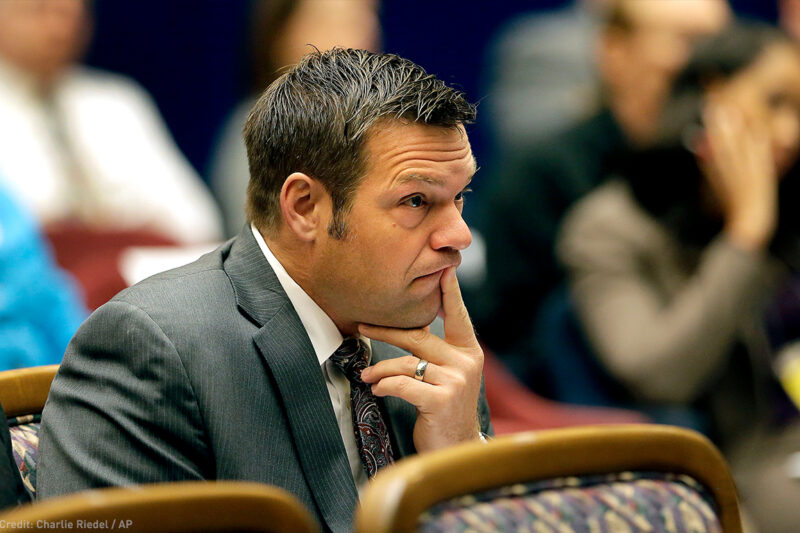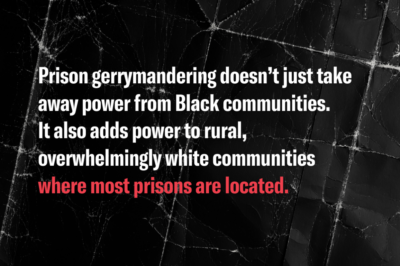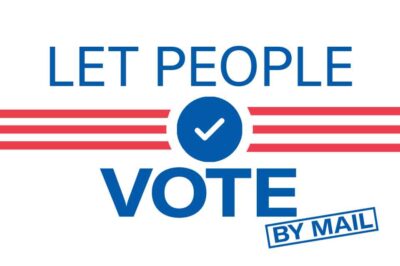Trump’s Sham Election Commission Wants to Operate in the Dark, but We’re Suing to Drag It Into the Sunlight


Despite requesting a staggering amount of sensitive data from every registered voter in the country, Donald Trump’s Election Integrity Commission intends to hold its next meeting behind closed doors, where the same registered voters will not be able to participate. That’s illegal, so yesterday the ACLU sued the president’s election commission under a federal law designed to ensure public accountability of advisory committees.
Under the Federal Advisory Committee Act, the commission is required to make all meetings open to the public, with enough notice to allow for in-person attendance. The commission must also make all written records, documents, and meeting minutes available. Most importantly, the commission must adopt measures to ensure that its work is not inappropriately influenced by special interests or the president himself.
Thus far, we’ve witnessed a total disregard for these requirements.
The commission has already held an initial meeting without public notice, and it will not permit the public to attend its next meeting on July 19. Instead, it has offered an internet livestream, a paltry replacement for real public engagement. It’s a troubling lack of transparency, especially for a body seeking an enormous amount of access to sensitive information. Our suit comes at the heels of Kris Kobach’s overreaching request to all 50 states to email the commission sensitive data on every registered voter, including full names, the last four digits of Social Security numbers, party affiliation, and voting history.
Pushback was swift and colorful.
Mississippi Secretary of State Delbert Hosemann, a Republican, suggested that the commission “go jump in the Gulf of Mexico.” Pennsylvania Governor Tom Wolf, a Democrat, responded concerned that the “request is a mere pretense for pursuing restrictions on the fundamental right of citizens to vote.” Connecticut and California took issue with the individual record of the commission’s vice chair Kris Kobach, citing both a “lengthy record of illegally disenfranchising eligible voters in Kansas” and “a long history of sponsoring discriminatory, anti-immigrant policies including voter suppression and racial profiling laws.”
Election boards in multiple states heard from voters alarmed by the request. Ironically, the commission’s request alone was enough to suppress some votes: Both Colorado and North Carolina reported an uptick in voters canceling their registrations outright to prevent data from being shared.
It doesn’t end there, though.
More than 40 states refused to provide the commission with the full breadth of data it requested. Despite that, Kris Kobach and Vice President Mike Pence would have us believe that the commission’s request is routine and benign, suggesting its “fake news” that states are refusing to comply. President Trump has even suggested wrongdoing on behalf of officials who refused to hand over data, asking, “What are they trying to hide?”
We must be committed to flipping that question: No, Mr. President, what is your commission trying to hide?
Thus far, the commission has been deservedly met with skepticism and, as of yesterday, multiple court challenges including ours. In response, commission officials told state election officers to “hold on submitting any data.” This is a short-term victory but not a permanent solution.
This commission is only beginning its investigation, which every indication suggests will end in voter suppression. To protect voting rights, we must be prepared for the long fight, too.
Join our demand for transparency from the commission by signing our petition here.



